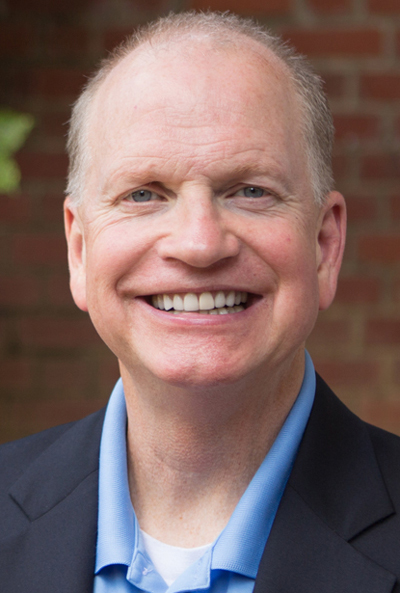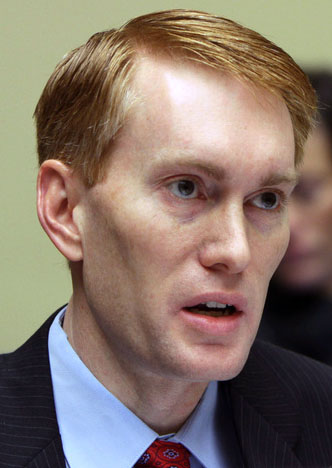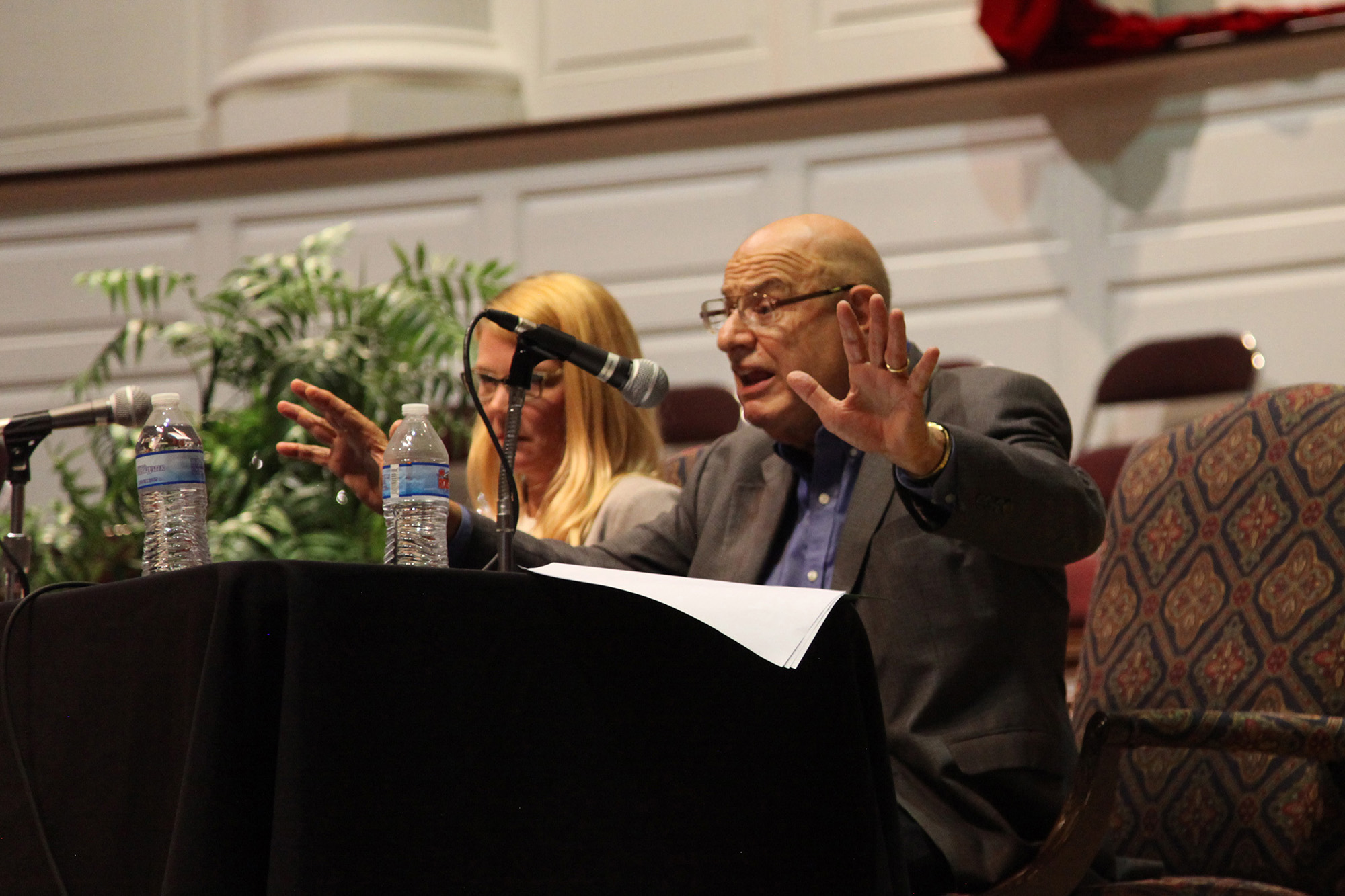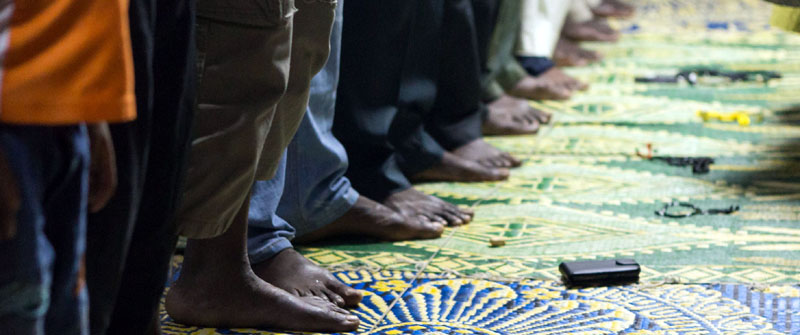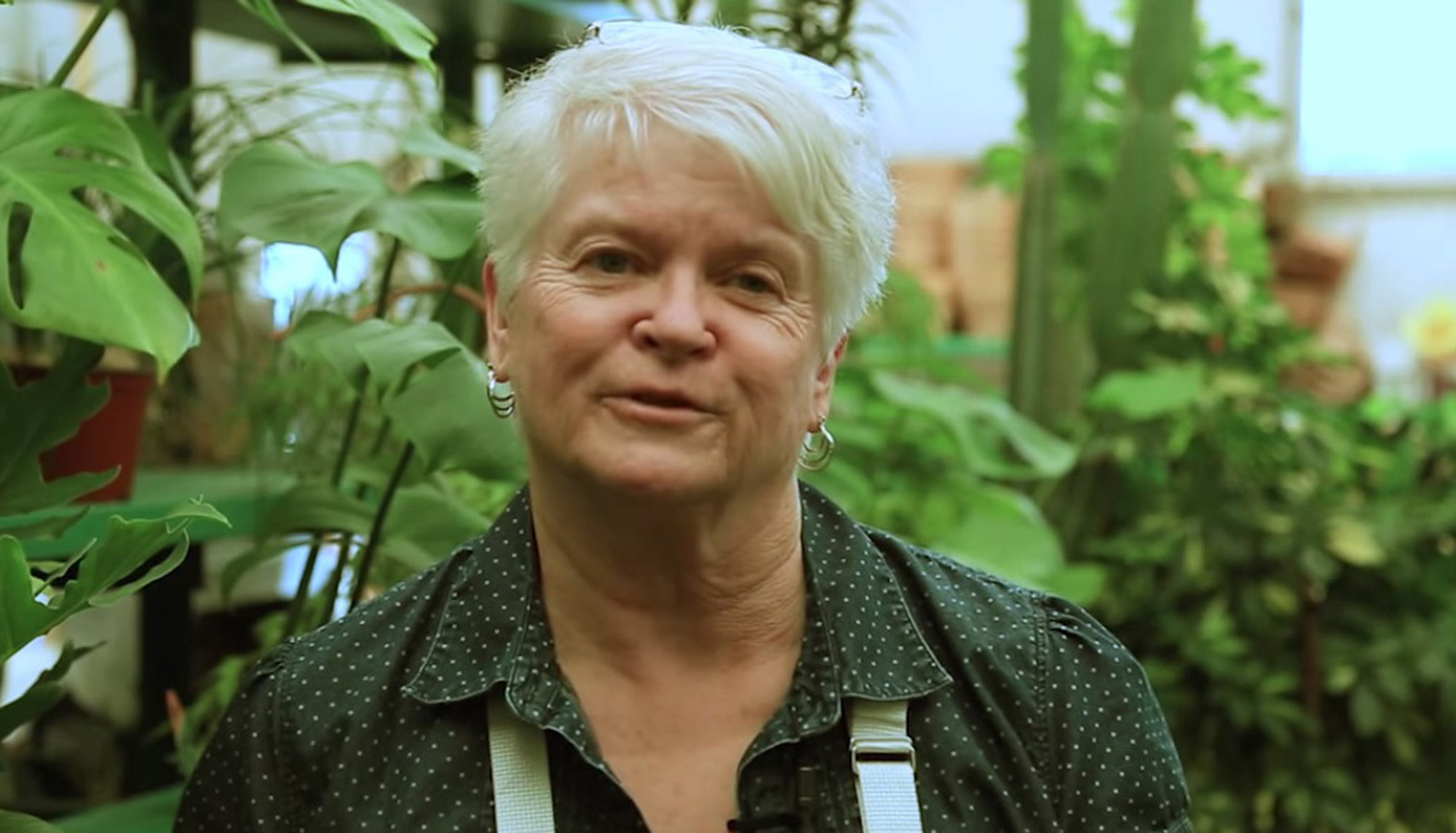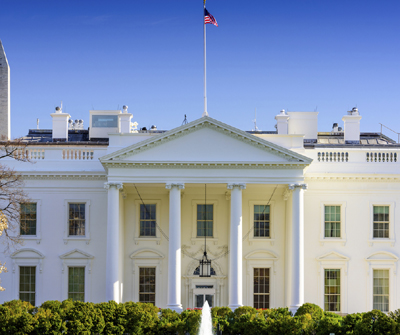
LAS VEGAS (BP) — Donald Trump’s proposal to temporarily ban Muslims from entering the United States drew critique at the first Republican presidential debate since Islamic terrorist attacks in Paris and San Bernardino, Calif.
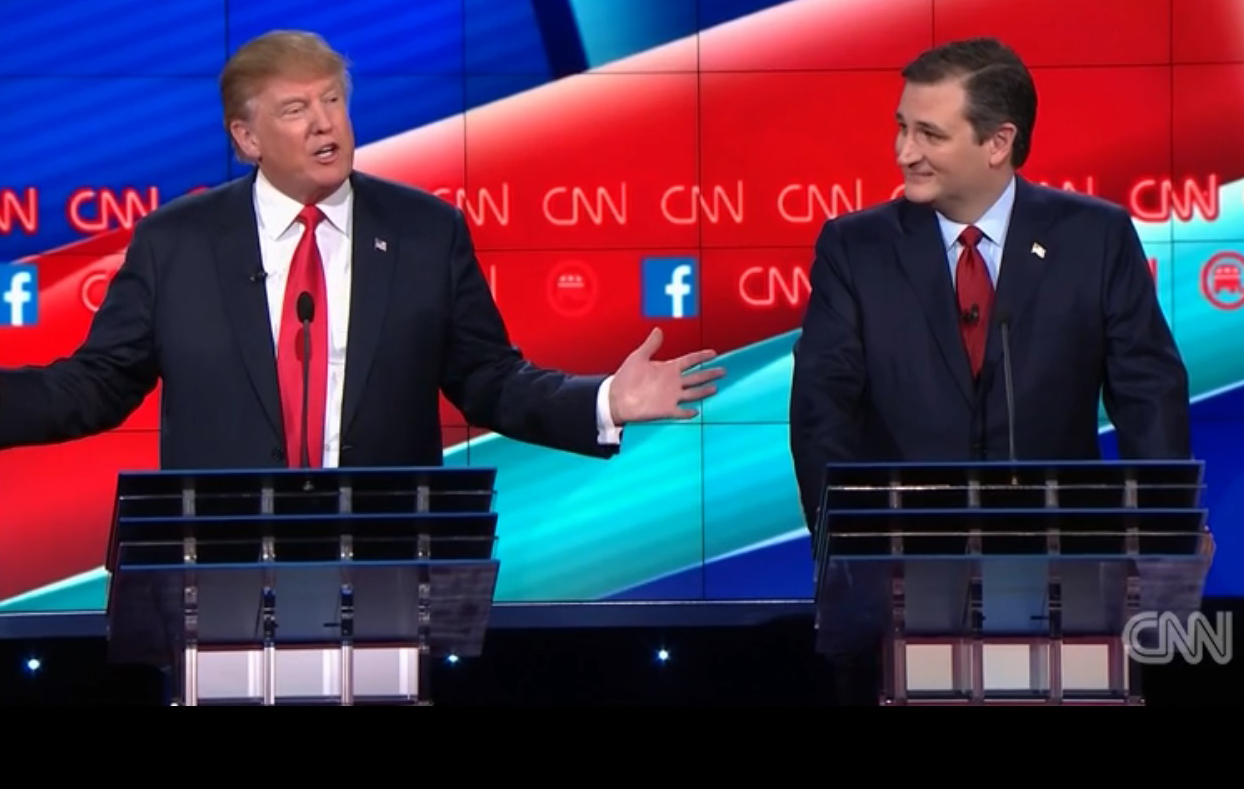 Following opening statements by the nine top GOP candidates, moderator Wolf Blitzer of CNN asked Trump about his proposal.
Following opening statements by the nine top GOP candidates, moderator Wolf Blitzer of CNN asked Trump about his proposal.
“We’re not talking about religion,” Trump said. “We’re talking about security. Our country is out of control.”
Among candidates to take issue with temporarily barring Muslims from entering America were Texas Sen. Ted Cruz, Florida Sen. Marco Rubio and former Florida Gov. Jeb Bush.
Cruz, who leads Trump in at least one Iowa poll despite trailing the businessman nationally, said the U.S. should not ban Muslims but “suspend all refugees for three years from countries where [the terrorist groups] ISIS or al-Qaeda control substantial territory.”
Cruz noted “there are millions of peaceful Muslims across the world in countries like India,” where ISIS does not control territory. America must “focus on the problem and defeat radical Islamic terrorism. It’s not a war on a faith. It’s a war on a political and theocratic ideology that seeks to murder us.”
Rubio said some Republicans support Trump’s proposal as a reaction to President Obama’s failure to keep America safe. But he predicted the proposed ban “isn’t going to happen.”
Bush said temporarily halting Muslim immigration would be counterproductive in the fight against ISIS because it would push Muslim allies away from America “at a time when we need to reengage with them to be able to create a strategy to destroy ISIS.” A Muslim ban, Bush said, “will make it harder for us to do exactly what we need to do.”

Later in the debate, Bush added, “If we want to destroy radical Islamic terrorists, we can’t disassociate ourselves from peace-loving Muslims.”
Retired neurosurgeon Ben Carson was asked about his proposal to monitor mosques where worshipers articulate anti-American sentiment.
Carson responded that he wants to monitor “any place” — “whether it’s a mosque, a school, a supermarket, a theater” — where “there are a lot of people getting there and engaging in radicalizing activities.”
“We have to get rid of all this PC stuff,” Carson said, using the acronym for “political correctness.” “And people are worried about, ‘Somebody’s going to say that I’m Islamophobic,’ or what have you. This is craziness because we are at war.”
Carson claimed a document written by the radical Muslim Brotherhood said the group would “take advantage of our PC attitude to get us.”
Cruz agreed that excessive political correctness poses a threat to America’s national security. He claimed the Obama administration, “because of political correctness,” failed to investigate public calls to jihad by one of the San Bernardino attackers and by the brothers who detonated a bomb at the 2013 Boston Marathon.
At one point, Trump was asked about his statement earlier this month that the U.S. should “take out” the families of terrorists. Based on the context of the Dec. 2 comment, it appeared Trump may have been referencing family members used by terrorists as human shields against military strikes.
In response to the question, Trump said he “would be very, very firm with families” because terrorists “may not care much about their lives, but they do care, believe it or not, about their families’ lives.”
Kentucky Sen. Rand Paul took issue with that proposal as well as Trump’s openness to shutting down portions of the Internet, if necessary, to combat ISIS.
“If you’re going to close down the Internet,” Paul said, “realize, America, what that entails. That entails getting rid of the First Amendment. …If you are going to kill the families of terrorists, realize that there’s something called the Geneva Convention we’re going to have to pull out of. It would defy every norm that is America.”
Former Hewlett-Packard CEO Carly Fiorina said the fight against terrorism would be improved by seeking help from technology companies in the private sector. Asked whether companies should be forced to cooperate with the government, Fiorina replied, “They do not need to be forced. They need to be asked.”
During one of the debate’s final segments, candidates were asked how they could “justify not accepting refugees” in light of biblical commands to help the needy and not to fear. New Jersey Gov. Chris Christie and Ohio Gov. John Kasich both responded by speaking of the need to keep the American people safe.
Southern Baptist ethicist Russell Moore tweeted multiple warnings during the debate about encroaching on religious liberty, though he did not specify any candidates at whom the tweets were directed.
“If you won’t stand up for religious liberty for everyone, stop talking about religious liberty,” tweeted Moore, president of the Ethics & Religious Liberty Commission. “And sure stop raising money off of it.”
Moore, who has criticized Trump’s proposed ban on Muslim immigration, also tweeted, “In colonial America, Baptists were lumped in with anti-social forces. Lots of talk about surveilling churches, closing state borders to us.”
